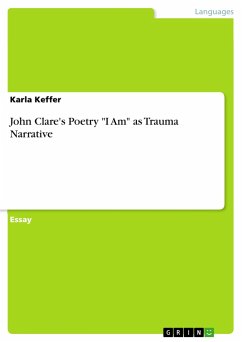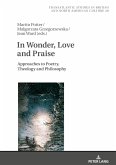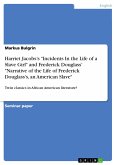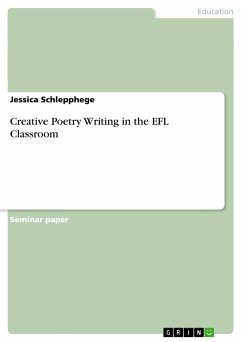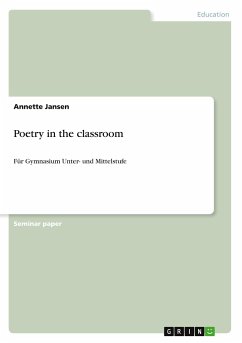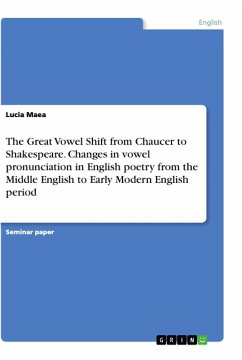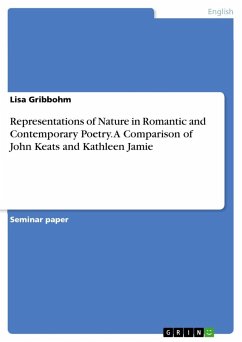Essay from the year 2017 in the subject Didactics - English - Literature, Works, grade: A, The University of Southern Mississippi , language: English, abstract: In this paper, I expand upon Cathy Caruth's theories of "trauma narratives" to examine how Clare's poetry is an expression of survival. By joining trauma narrative with poetry, Clare carves out a niche for himself that transcends the boundaries of his poverty-stricken birth and his subsequent institutionalization. In an age that did not take for granted the precept of self-invention, Clare used poetry as a means of centering himself, of returning to his essential nature. I propose that Clare's language offers an insider's view of a life that was too circumscribed for his evident intelligence, imagination, and verbal acuity. Stark and haunting, Clare's poetry insists on a certain kind of authority, exercises jurisdiction over his circumstances, and serves as a muted, posthumous triumph over the would-be eradication of identity.Literary critics have hailed John Clare's poetry of his "asylum years" as rich, deeply emotional, and even more complex and skillful than the work of his prime. In the letters and poetry of the last 23 years of his life, Clare at once laments, rages against, and reluctantly acquiesces to his truncated circumstances. In this paper, I will argue that Clare's poetry deserves further study as the narrative of a man imprisoned not only by the confines of an insane asylum but the conditions of his birth and the subsequent establishment of the Enclosure Laws. Written during an era that witnessed the first stirrings of mental health reform, at least in a few of the more affluent institutions, Clare's poetry offers a view into the mind of a man and writer struggling to maintain an identity amidst the chaos.
Hinweis: Dieser Artikel kann nur an eine deutsche Lieferadresse ausgeliefert werden.
Hinweis: Dieser Artikel kann nur an eine deutsche Lieferadresse ausgeliefert werden.

